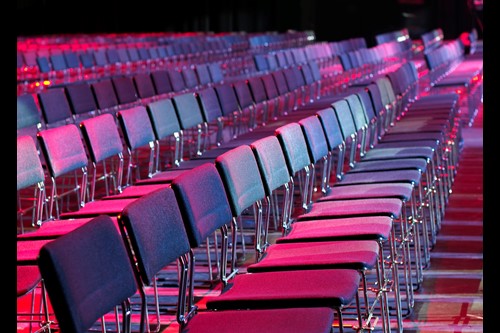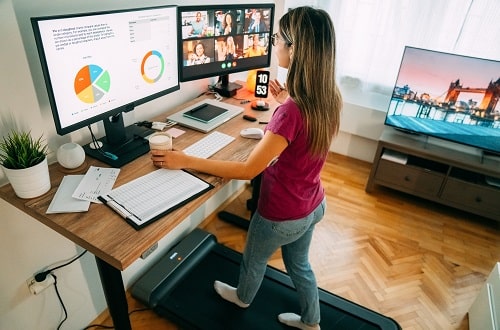For the foreseeable future this year, all conferences and events will either not take place, or go digital. The government made this clear in its updated guidance of 24 June, banning all gatherings of over 30 people and ordering venues to remain closed.
Features
What’s the future for conferences and events?
Such circumstances are forcing organisers to be resourceful. Informa’s Digital Week took the slot in the calendar marked for the Safety Expo, from 18 to 22 May. It featured all the strands of the live event: wellbeing, health, safety and the future of work.
Safety Management reports on the highlights of Digital Week, considers the future of attending events and asks two industry spokespeople what they think about returning to venues.
Virtual possibilities
Conference organisers will be keen to return to normal once it is safe to do so from a Covid-19 perspective. But technology is fast changing to offer a new kind of experience to people attending work-related events.
 Will we ever go back, and in the same numbers to conference halls currently sitting empty?
Will we ever go back, and in the same numbers to conference halls currently sitting empty?
Virtual event venues – where companies offer broadcast studio quality services to facilitate webcasting and event design – are on the rise according to event industry website, the event manager. In a souped-up version of changing your Zoom background, it may be possible to watch a panel debating in front of a roaring fire or in a hotel in Singapore, saving you the air fare of flying there.
Digital and live – the perfect complement?
Others see the future of digital and live events co-existing and complementing each other. “We know that making digital connections aren’t a direct substitute for face-to-face networking but the engagement levels that we saw during Digital Week demonstrate that they can be a valuable complement to a live event programme,” says Charlotte Geoghegan, event manager at Informa, organisers of Digital Week and the Safety Expo. “This is particularly true when you have audiences looking to consume content that is created in a far more spontaneous fashion than physical event cycles allow.”
With Microsoft announcing that all its events will be digital only until July 2021, others speculate that digital will be the death knell of the live event. With the capacity to broadcast to millions of people, no matter where they are, organisers may decide that there’s more money to be made from unlimited audience numbers.
However, economics don’t yet justify the shift. Digital Week pulled in 8,000 unique visitors over the week, half the number live Safety Expo usually attracts (14,000). Mark Bennardo, founder and creative director of Transperia Group, Inc., speaking to the event manager website, says the industry will have to work hard at innovating when it comes to delivering successful digital experiences.
“We can’t just ‘lift and shift’ our programs and content from a live setting to a virtual platform, and think they will work the same. We no longer have the benefit of a captive audience sitting in a ballroom. We no longer control their schedule. We no longer own the environment. The rules have completely changed.”
Read our report of Digital Week highlights here: bit.ly/2BvatAa
FEATURES

Sedentary working and how to combat the ‘sitting disease’
By Gavin Bradley, Active Working on 05 April 2024
Prolonged and excessive sitting poses a major risk to our health, but the Get Britain Standing campaign and On Your Feet Britain Day on 25 April are a great way of encouraging workers to sit less and move more.

Company culture and wellbeing: a crucial link
By Bex Moorhouse, Invigorate Spaces on 05 April 2024
Investing in measures to support worker wellbeing will be ineffective unless the company culture genuinely incorporates values like teamwork, involvement, flexibility and innovation.

Office design and culture: happier and healthier staff – or the opposite?
By Guy Osmond, Osmond Ergonomics on 03 April 2024
Applying ergonomic principles to workstation set-ups and ensuring the physical environment supports neurodivergent people are just some of the ways of creating an office where everyone can thrive, but a supportive and positive organisational culture is vital too.


